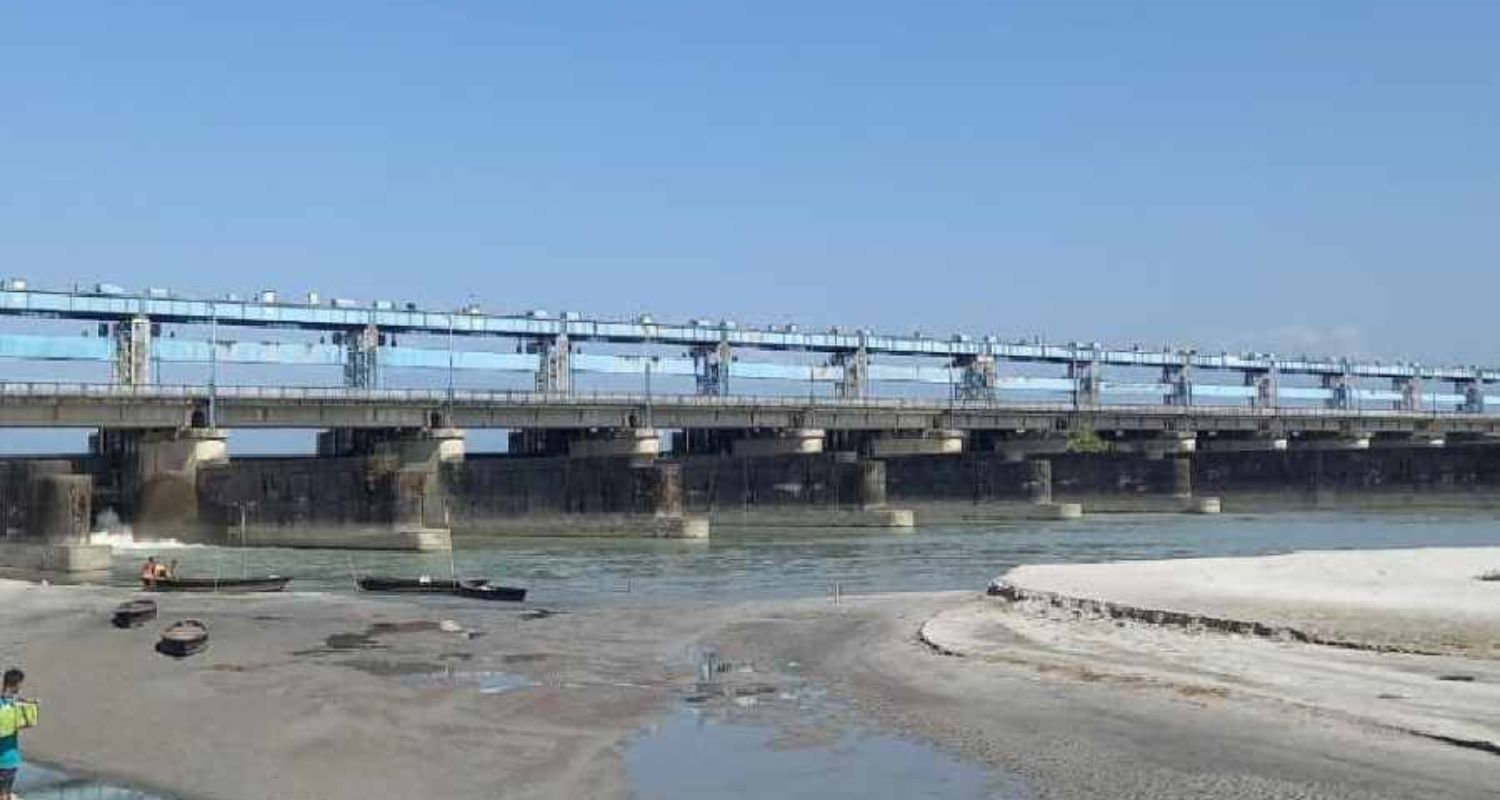Dhaka has formally moved to implement the much-discussed Teesta Master Plan with Chinese funding and technology under the interim government of Chief Adviser Muhammad Yunus. The government has sent an official proposal to Beijing for the first phase of the project, estimated at Taka 9,150 crore.
Out of this, Taka 6,700 crore has been sought as financial assistance from China, according to sources in the office of Planning Adviser Wahiduddin Mahmud.
The multipurpose river project, designed for irrigation, flood control and drinking water supply, has gained urgency as no fresh water-sharing agreement has been reached with India on the Teesta. Under the plan, water stored in a proposed reservoir during the monsoon will be redirected for agricultural and domestic use throughout northern Bangladesh, including Rajshahi, Rangpur and Chapainawabganj.

The project’s location—bordering India’s North Bengal and near the strategic Siliguri Corridor or "Chicken Neck"—has raised alarm among Indian security analysts. They fear a prolonged Chinese presence in the area could pose risks to India’s defense infrastructure, including the Hasimara air base in West Bengal.
Sources in the Ministry of External Affairs (MEA) said for years, an undeclared contest had been underway between China and India over the project. “At one point, a joint India-Japan proposal was also under consideration. Former Prime Minister Sheikh Hasina, shortly before her ouster in August 2024, had even publicly voiced her preference for India to execute the plan, with Indian engineers scheduled to visit Dhaka within weeks. However, her government’s collapse on August 5 dramatically altered the scenario,” said an MEA official.
Also Read: Awami League reveals agenda to reclaim ‘Mujib-Hasina Bangladesh’
The Teesta project gained renewed importance during Yunus’s visit to China in March this year, where he held talks with Beijing’s irrigation minister. The interim government also weighed in the opinions of the opposition Bangladesh Nationalist Party (BNP), which has openly campaigned for Chinese involvement.
BNP leaders, including Secretary General Mirza Fakhrul Islam Alamgir and senior leader Moin Khan, held multiple rounds of discussions in Beijing, assuring Chinese authorities that the project would be fast-tracked if BNP returned to power.
“In recent months, BNP organised marches in northern districts demanding the project’s implementation, with participation from its top leadership. Meanwhile, the Chinese ambassador in Dhaka has maintained an active role, strengthening ties not only with BNP but also with Jamaat-e-Islami and the Nationalist Citizen Party (NCP), anticipating BNP’s electoral prospects,” said an MEA official.
Also Read: Bangladesh-Pakistan axis puts Bengal on alert ahead of PM's visit


